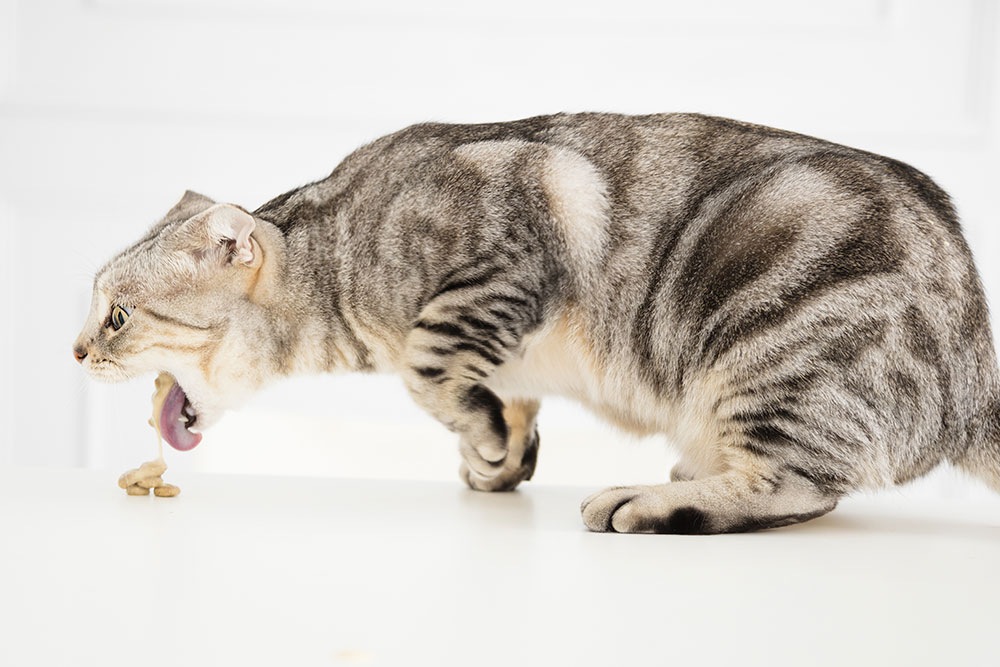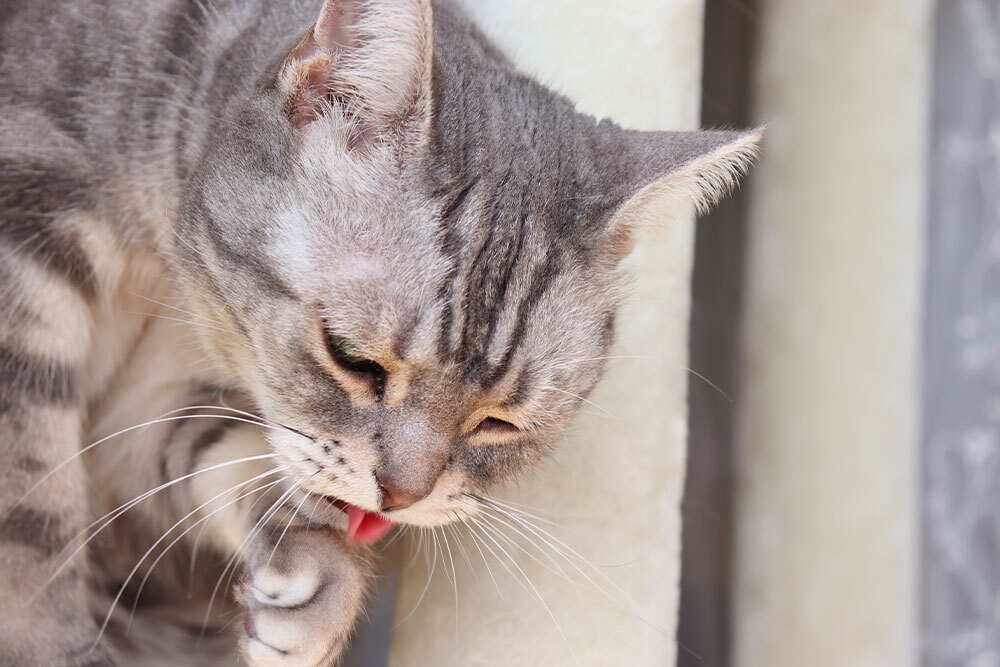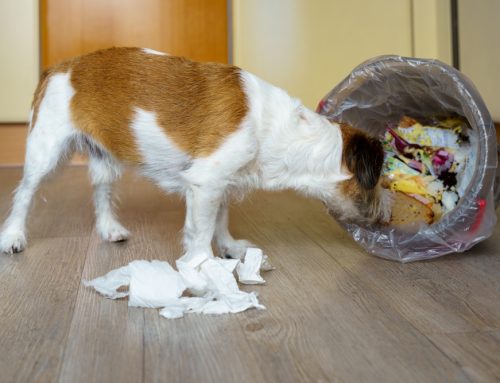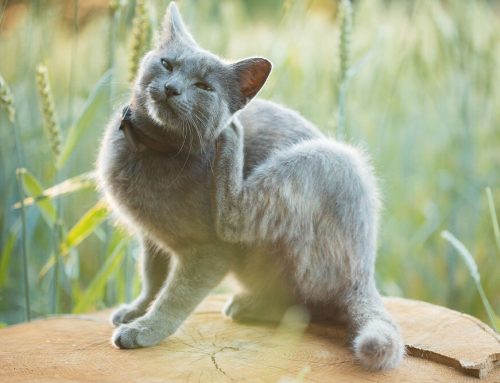Vomiting in cats is a common concern—but that doesn’t make it any less stressful when it happens in your home. At Stanton Pet Hospital, we often hear from cat owners who are unsure when to worry, what might be causing the issue, or what to do next. If your cat has vomited once, you may wonder if it’s a fluke. If it happens more than once, the concern sets in quickly.
In this article, we’ll walk through the most frequent causes of vomiting in cats, when it’s time to call your veterinarian, and what to expect during the diagnostic and treatment process. Our goal is to help you feel confident in recognizing signs of trouble and knowing when professional care is needed.
What Is Vomiting in Cats?
Vomiting is the active expulsion of stomach contents through the mouth, usually accompanied by heaving or retching. It’s different from regurgitation, which is more passive and doesn’t involve abdominal effort.
Occasional vomiting may be harmless, but repeated or chronic vomiting often points to an underlying issue. Identifying the cause is key to helping your cat feel better—and keeping them that way.
Top Causes of Vomiting in Cats
There are many potential reasons a cat may vomit. Some are relatively minor, while others may require urgent medical care.
1. Dietary Upsets
- Eating too quickly
- Sudden diet changes
- Consuming spoiled food or non-food items (yes, some cats will eat plastic… or your hair ties)
2. Hairballs
Cats groom themselves by licking, and hair is swallowed in the process. While most of it passes through the digestive tract, some hair accumulates and is eventually vomited up in the form of a hairball. Frequent hairballs, however, may indicate a grooming or digestive issue.
3. Infections
Viral, bacterial, or parasitic infections can irritate the gastrointestinal tract, resulting in vomiting. Common culprits include feline panleukopenia virus and intestinal parasites.
4. Chronic Diseases
Conditions like chronic kidney disease or inflammatory bowel disease (IBD) often cause ongoing vomiting in cats. These conditions typically need long-term management.
5. Endocrine Disorders
Older cats are particularly prone to hyperthyroidism, which can cause weight loss, increased appetite, and—you guessed it—vomiting.
6. Pancreatitis
This painful inflammation of the pancreas can cause vomiting, lethargy, and loss of appetite. Learn more about it from Understanding Pancreatitis in Pets.
7. Foreign Objects
Toys, string, hair ties—cats sometimes swallow things they shouldn’t. This can lead to gastrointestinal obstruction. More on this at Gastrointestinal Foreign Bodies in Small Animals.
8. Toxins
Many everyday substances, like lilies, antifreeze, and certain human medications, are toxic to cats. If you suspect poisoning, refer to ASPCA Poison Control immediately.
Why Vomiting in Cats Should Never Be Ignored
Is cat vomiting serious? It can be.
Even if the cause is minor, repeated vomiting can lead to dehydration, weight loss, and electrolyte imbalances. More importantly, vomiting is often the first sign of a deeper problem—one that may not go away on its own.
Persistent vomiting can also lead to complications like:
- Esophagitis (inflammation of the esophagus)
- Aspiration pneumonia (inhaling vomit into the lungs)
- Severe dehydration or shock in extreme cases
Warning Signs: When to Call Your Veterinarian
Here are some signs it’s time to bring your cat in for evaluation:
- Vomiting more than once in 24 hours
- Vomiting persists for more than 48 hours
- Blood in the vomit or stool
- Lethargy, diarrhea, weight loss, or decreased appetite
- Change in behavior (hiding, aggression, or vocalization)
- Signs of abdominal pain (tense belly, growling when touched)
If your cat shows any of these symptoms, we recommend contacting us promptly.
How Vomiting Is Diagnosed at Stanton Pet Hospital
To find out what’s causing the vomiting, we typically take the following steps:
| Diagnostic Tool | Purpose |
| Physical Exam | Check for dehydration, abdominal pain, fever, or weight loss |
| Bloodwork & Urinalysis | Evaluate organ function, electrolytes, and infection markers |
| Imaging (X-ray or Ultrasound) | Look for obstructions, masses, or organ abnormalities |
| Fecal Testing | Screen for intestinal parasites |
| Endoscopy or Biopsy | Needed in some chronic cases like IBD or cancer |
Treatment Options for Vomiting in Cats
Treatment depends on the cause. Our approach may include:
- Fluid therapy: To correct dehydration and support organ function
- Anti-nausea medications: Help reduce vomiting and allow the gut to rest
- Dietary changes: Prescription or bland diets are often used temporarily
- Antibiotics or dewormers: If infections or parasites are present
- Surgery: Necessary in cases of foreign body obstruction or tumors
See more on this topic at Exploratory Surgery in Pets
Managing and Preventing Vomiting at Home
While not every case can be prevented, here are a few practical tips:
- Feed small meals, or use slow feeders: Especially if your cat eats too quickly
- Avoid table scraps: Stick to a vet-approved diet
- Groom regularly: Especially for long-haired cats prone to hairballs
- Store household items securely: Prevent access to toxic or inedible objects
- Review diet safety: Learn more at Pet Food Safety
At-Home Care Tips for Vomiting Cats
If your cat has vomited once but is otherwise acting normal:
- Withhold food for 8–12 hours (water only) or give a very small amount; If your pet is diabetic or young, ask us before withholding food.
- Reintroduce food slowly with a bland diet
- Monitor for recurrence, appetite changes, or lethargy
- If vomiting resumes, contact us
Never give over-the-counter human medications unless directed by your veterinarian.
Common Questions About Cat Vomiting
Q: Is it normal for my cat to vomit hairballs?
A: Not really. Occasional hairballs are common, especially in long-haired cats. Frequent or difficult vomiting is not.
Q: My cat only vomited once. Should I be concerned?
A: Not necessarily—but monitor closely. If your cat vomits again or acts unusually, schedule an exam.
Q: What food helps with vomiting?
A: Your vet may recommend a prescription gastrointestinal diet. Temporarily, plain boiled chicken and rice (no seasoning) can be used under guidance.
When in Doubt, Reach Out
Vomiting may be a minor issue—or it may be your cat’s way of telling you something serious is going on. If you’re unsure, don’t wait. Our team at Stanton Pet Hospital is here to help you figure it out.
Have questions? Contact us here or schedule an appointment today. We’ll work with you to ensure your cat receives the care they need, when they need it most.







Leave A Comment